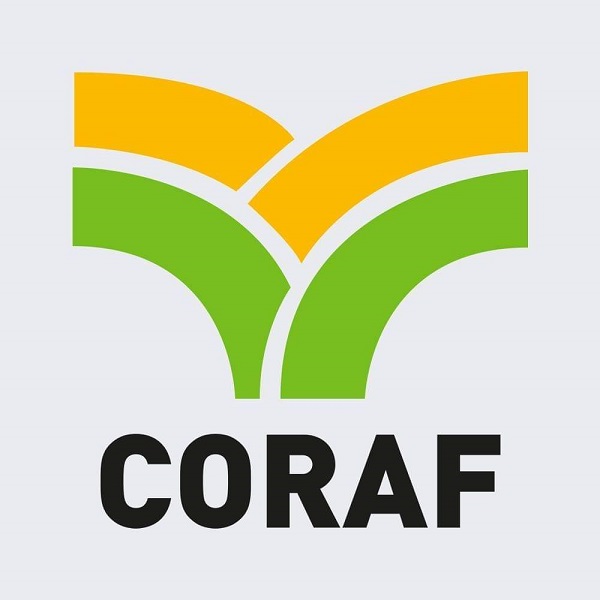
The West and Central Africa Council for Agricultural Research and Development (CORAF) is making strides in enhancing agricultural practices in Nigeria by training 30 youths and women in seed multiplication, processing, marketing and management.
The training, known as the ‘National Training of Women and Youth Networks on Seed Production, Processing and Marketing Techniques’, is a part of the Comprehensive Africa Agriculture Development Programme ex-Pillar 4 (CAADP-XP4) initiative. The main objective of the program is to enhance livelihoods in West and Central Africa through sustainable increases in agricultural production and productivity and the promotion of market competitiveness.
The gender assistant at CORAF, Deguene Pouye emphasised the organisation’s commitment to the development of agriculture and technological innovations, aiming to contribute to the realisation of Agenda 2063 and the sustainable development goals.
Pouye highlighted that CORAF is playing a pivotal role in capacity-building activities across multiple countries within the seed value chain. She emphasised that the core purpose of the training is to equip women and youth in agriculture with the skills necessary for seed multiplication, processing, marketing and management. This, in turn, would lead to an increased supply of high-quality seeds and foster entrepreneurship among women and youth in the seed sector.
The focal person for the programme, Stella Thomas explained that the Network of Nigerian Women and Youth is geared towards propelling the seed industry forward. Thomas underlined the importance of bridging gaps and ensuring continuity in the seed business, especially with regard to women and youth involvement. The initiative by CORAF has been implemented across 23 countries, with Nigeria being among the first to embark on the programme. The objective of the network is to unite women and youth, identify opportunities within the seed business, harness them and drive the seed sector’s growth in Nigeria.
The director of seed certification and quality control at the National Agriculture Seed Council (NASC), Ubandoma Mohammed spoke on the significance of the training. He emphasised that active participation of the youth is pivotal for sustaining agricultural efforts, especially considering the current scarcity and competitiveness of food due to prevailing crises. He noted that the training addresses a critical missing link by involving youth and women, which would lead to improved seed quality and subsequently enhance productivity.
Mohammed stressed the importance of technology and innovation in modern agriculture and highlighted the role of high-quality seeds in driving productivity. He anticipated that the training would equip participants with practical techniques and knowledge that they can implement to enhance the quality of seeds and ultimately benefit farmers by providing access to better seed quality.
CORAF’s initiative in Nigeria demonstrates a proactive approach towards empowering youth and women in the agricultural sector. By providing training in seed multiplication, processing, marketing and management, the organisation is contributing to increased productivity, higher-quality seeds and entrepreneurship among the younger generation. The collaboration between CORAF, government agencies, and stakeholders is expected to yield positive outcomes for Nigeria’s agricultural landscape.


